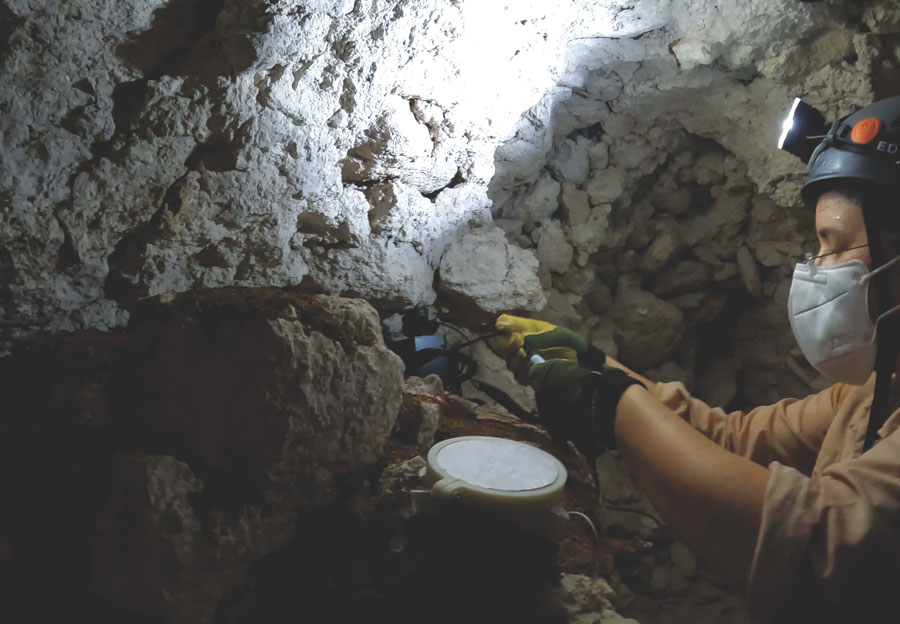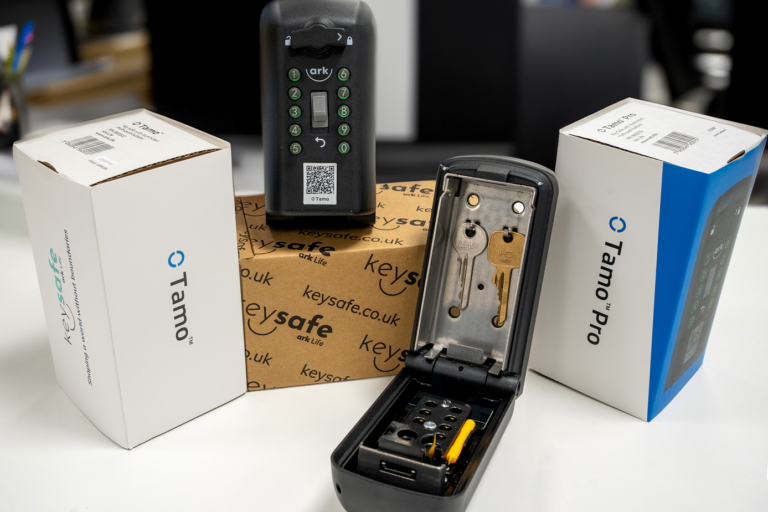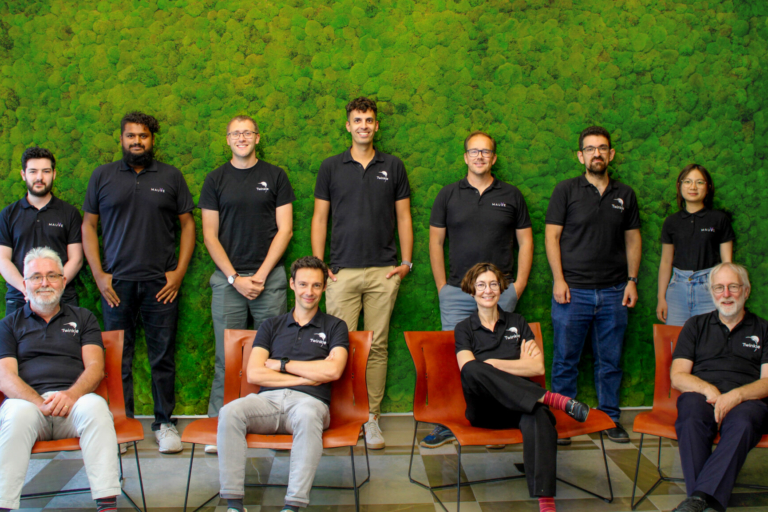Guildford’s NatureMetrics set to commercialise eDNA air sampling in world first

Guildford-based NatureMetrics is on course to be the first company in the world to offer environmental DNA (eDNA) air sampling as a commercial service.
In partnership with the Clare Lab and York University, the company has supported an Alliance Grant from the Natural Sciences and Engineering Research Council of Canada and the Ontario Centre for Innovation which will investigate the commercial application of airborne eDNA analysis.
The technology could offer more effective and scalable techniques for monitoring biodiversity, answering expanding regulations and government pressure on organisations to assess their environmental impacts.
Through this grant, NatureMetrics and the Clare Lab will collaborate to develop and establish air-based biodiversity sampling technology as a new commercial offering.
Environmental DNA monitoring of aquatic systems, soils, marine sediments, and insect traps have all been developed by NatureMetrics as a suite of expanding commercial services globally. However, the eDNA assessment of certain important species such as bats in terrestrial systems remains a challenge.
Recent innovations of the Clare Lab provide a solution to this industry challenge and will drive the rapid commercialisation of this globally new service, with the new partnership bringing these together with NatureMetrics’ infrastructure and expertise in commercial eDNA processing.
A previous collaboration between the two organisations saw NatureMetrics supporting tests of the first applied use of airborne eDNA for ecological analysis, detecting bats and other animals living in these important roost habitats – demonstrating the technology’s effectiveness in the wild.
Read more - Swindon’s Science and Technology Facilities Council to make green ammonia plant a reality
The NatureMetrics project team will now be deploying the prototype, developed by the Clare Lab, to validate a sampling strategy that accurately assesses animal communities in habitats such as roosts and caves.
Project lead, Dr Elizabeth Clare, Assistant Professor at York University, said: “This project represents an important next step in the evolution of eDNA application for robust biodiversity monitoring.
“The Clare Lab recently developed an improved sampling device for eDNA capture, demonstrating that eDNA can be filtered directly out of air samples – a tremendous new tool to monitor terrestrial biodiversity. I’m excited to be validating our approach and working with NatureMetrics to bring this valuable offering to market to serve the growing monitoring needs across the world.”
The main objective of the study will be to conduct early-stage commercial validation of the prototype under real-world field conditions in an established research site where full assessment can be achieved, for example, validating deployment and cost estimations.
Dr Natalia Ivanova, Head of Science at NatureMetrics North America, said: “The commercial application of this technology for the monitoring of elusive and protected species such as bats has huge potential in multiple habitats and regions across the world. Up until now, eDNA monitoring has focused on water and soil samples.
“We are now filling the gap of eDNA collection by air – a new and simple method with vast deployment opportunity. We believe this innovation will be sought after by environmental consulting companies, conservation organisations and regulators worldwide.”
Testing in the field will begin in April 2023 with the full results set to be released in early 2024. The team hope that a commercial product could be available to customers by late 2024.
Read more - Oxford’s Eden Research gets go-ahead for biofungicide in Poland













